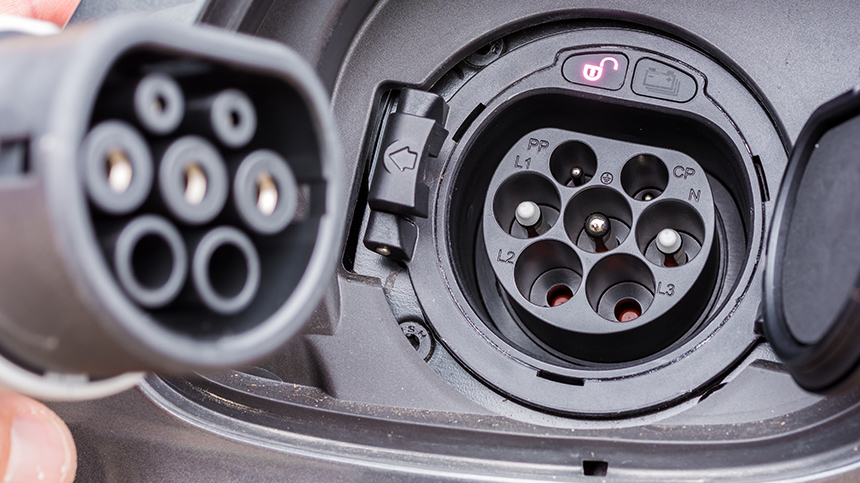Porsche scales back on electric vehicle targets

Porsche has become the latest vehicle manufacturer to row back on its electric vehicle plans.
It had set a target for 80% of sales to be electric by 2030.
However, it has now said that the 80% target will be dependent on customer demand and further developments in EV technology.
EV sales have stalled this year, particularly among private buyers, with almost all growth now being driven by fleets. In line with this wider trend, Porsche has reported slow sales in Europe and North America, although demand remains strong in China.
Electric vehicle targets
A company statement said:
“The transition to electric cars is taking longer than we thought five years ago. Our product strategy is set up such that we could deliver over 80% of our vehicles as all electric in 2030 – dependent on customer demand and the development of electromobility.”
As such, it has reaffirmed its commitment to continue developing ICE models, saying that this ‘double strategy is more important than ever.’
Porsche is not the only brand struggling to achieve volume EV sales, with Ford, Land Rover, Renault, Toyota and Volkswagen all understood to be falling behind targets set by the UK’s ZEV Mandate.
The Mandate stipulates that 22% of new cars and 10% of vans sold this year must be electric. These targets rise incrementally thereafter, reaching 28% of sold new cars in 2025, 80% by 2030 and 100% by 2035.
However, the Society of Motor Manufacturers and Traders has warned that the industry is likely to fall short by about two per cent. It predicts that 19.8% of car sales will be electric this year, with 8.3% of vans.






